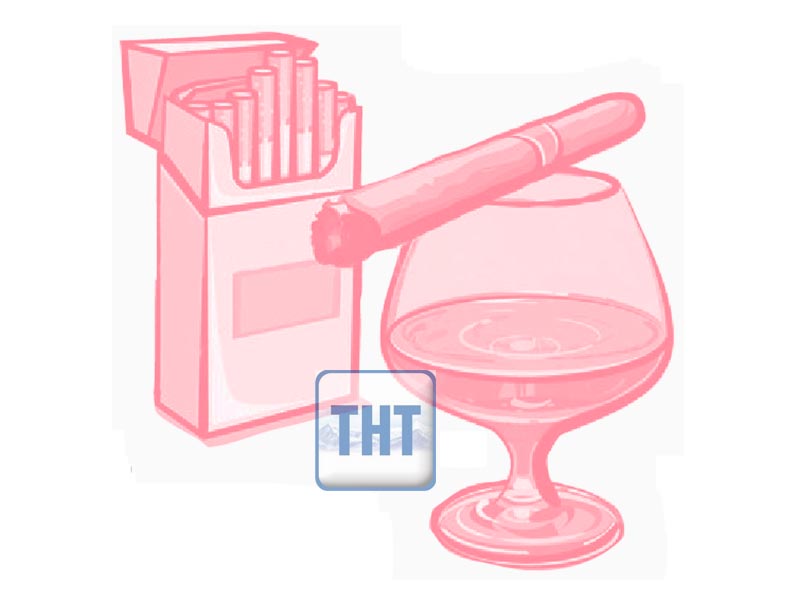Purchase, sale of tobacco continue unchecked
Kathmandu, May 31
Kathmandu Metropolitan City has failed to keep its promise to strictly control purchase, sale and consumption of tobacco products.
Urban Health Division of KMC on February 25 had forwarded a plan to promote healthy lifestyle. However, even three months after the plan was endorsed, municipal authorities have not initiated even a single programme to monitor such activities.
KMC Mayor Bidya Sundar Shakya had said that city police would be deployed to check purchase and sale of tobacco products in prohibited areas and the offenders would be imposed a fine ranging from Rs 100 to Rs 1,000. The mayor had said ward chairs would also be mobilised to spread awareness campaigns.
KMC had also decided to prohibit shops from displaying tobacco products and selling them to people below 18 years of age and pregnant women. It had also prohibited purchase and sale of tobacco products within a distance of 100 metres from academic institutions and hospitals.
According to Urban Health Division chief at KMC Hari Kumar Shrestha, they have asked all the ward chairs to spread awareness regarding the harmful effects of smoking.
The Tobacco Product (Control and Regulatory) Act amended in 2011 has restricted consumption of tobacco products in 12 public areas like government offices, educational institutions, health facilities, parks, religious places, theatres and airports.
According to Non-communicable Disease Risk Factors: STEPS Survey Nepal 2013, 30.5 per cent of the total population of the country smoke or consume tobacco products and 36.1 per cent are affected as second-hand smokers.
Doctors advise people to quit smoking
World No Tobacco Day was marked across the country today to highlight health and other risks associated with tobacco use and advocate for effective policies to reduce tobacco consumption.
The focus of World No Tobacco Day 2018 is ‘Tobacco and heart disease’.
Doctors have advised people to quit smoking as tobacco consumption leads to heart and other cardiovascular diseases, including stroke. “People are likely to suffer from coronary heart disease, stroke and peripheral vascular disease due to tobacco consumption,” said Dr Khem Raj Bhusal, consultant physician at Green City Hospital, Basundhara.
“Consumption of tobacco leads to increase in lipids in the human body. It also leads to formation of blood clots in the blood vessel which obstructs the flow of blood,” said Dr Bhusal.
Smoking also leads to lung cancer, cancer in pancreas, stomach, gall bladder and intestine and is one of the major causes of high blood pressure. Second-hand smoking too has an adverse effect on people’s health. In adults, second-hand smoke causes serious cardiovascular and respiratory diseases, including coronary heart disease and lung cancer. In pregnant women, it causes low birth weight. Tobacco kills more than seven million people each year. More than six million of those deaths are the result of direct tobacco use while around 890,000 are the result of exposure to second-hand smoke.






